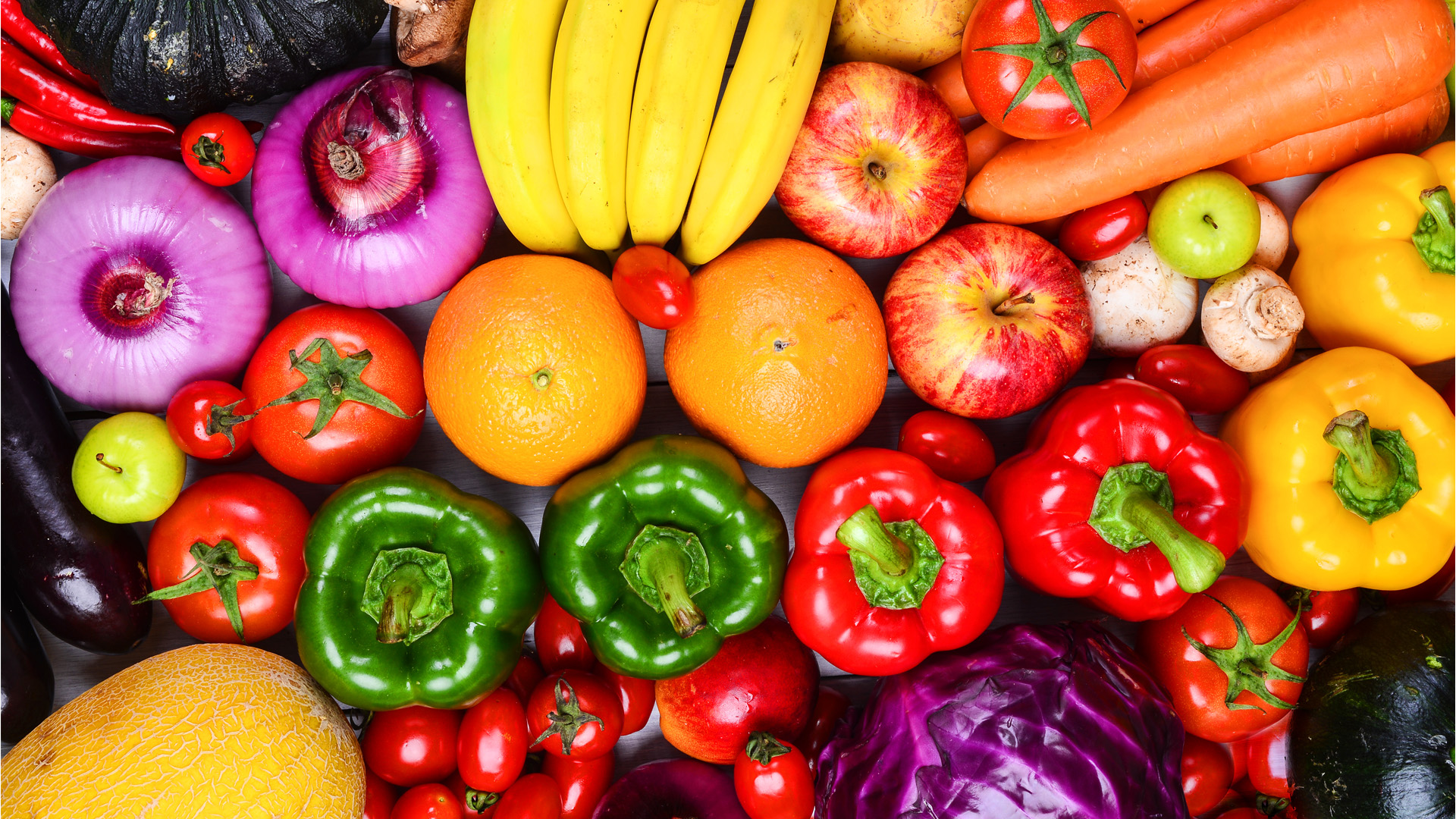In the age of social media and influencers, health and wellness is a hot topic. Celebrities now embrace “healthy” as their branding. This can be seen with the likes of Gwyneth Paltrow and her health and wellness website and business “Goop”. Same goes for Kourtney Kardashian with “Poosh”.
When scrolling on Instagram, Twitter, Facebook, TikTok, Youtube, and just about any social media platform, there are always going to be some talks of health and what you can do to improve your health. These videos and graphics may make audiences believe that adopting a gluten-free diet will eradicate all troubles in your life, when in fact this is not true. There are several health myths that circulate social media, and these are just some that you may have believed at one point (and there is no shame in that).
1. Sugar makes children hyper.

When you were a child you have probably been told by your parents that you can only eat 1 piece of candy or no candy. This is because your parents may have feared that eating too much candy would lead to a sugar rush. In reality, there is no research or evidence that shows that a child’s behavior is directly affected by their consumption of candy. Although, there are some children that have conditions that will make candy spike up their blood sugar. Overall, moderation is key and candy does not have to be a unicorn in the household.







